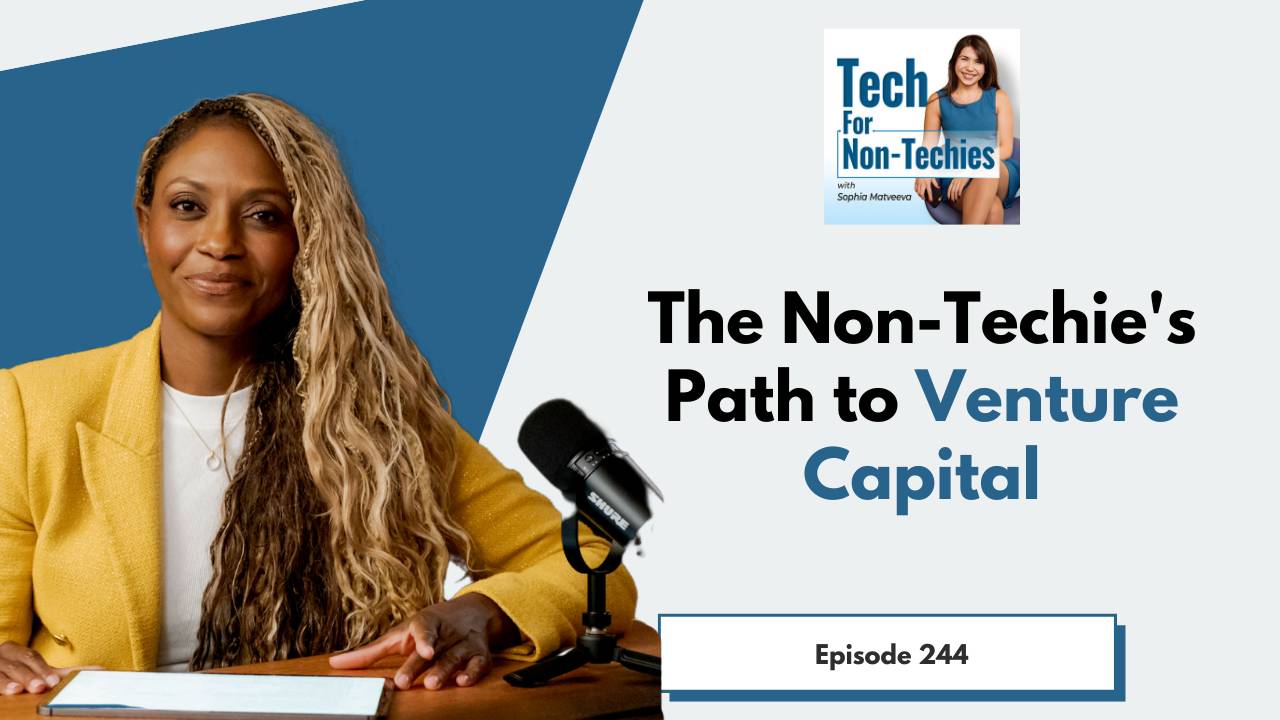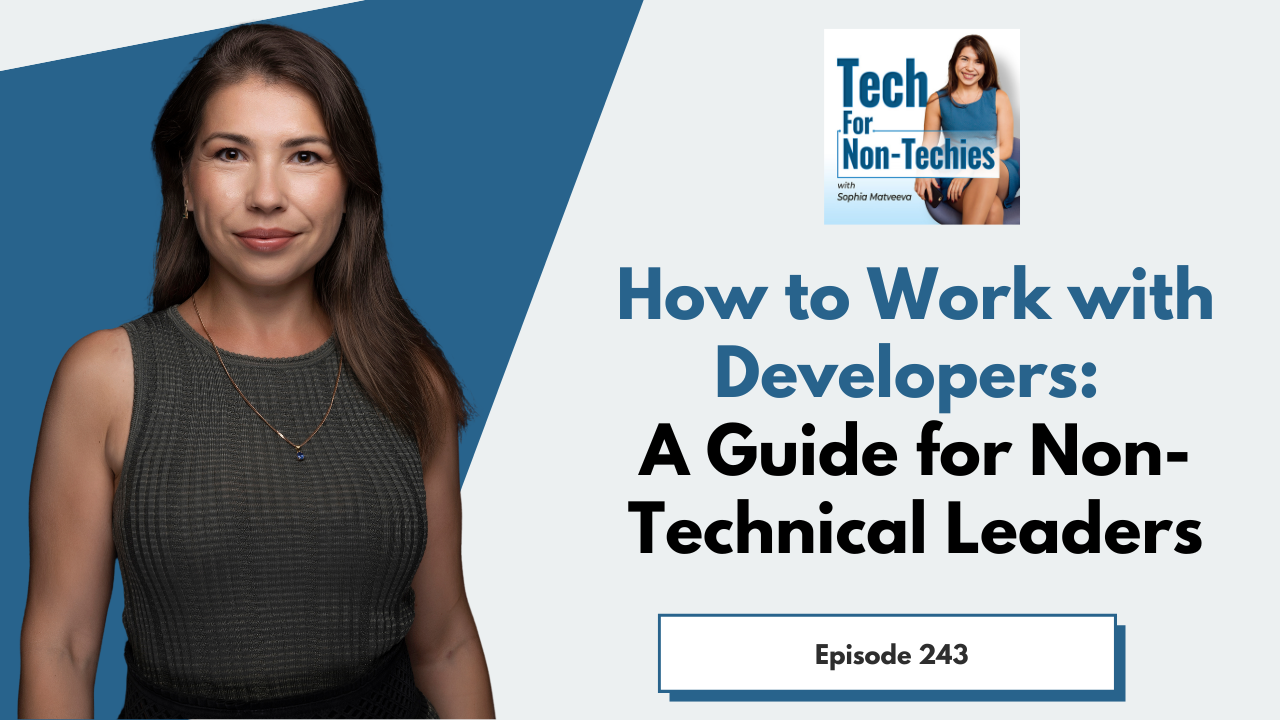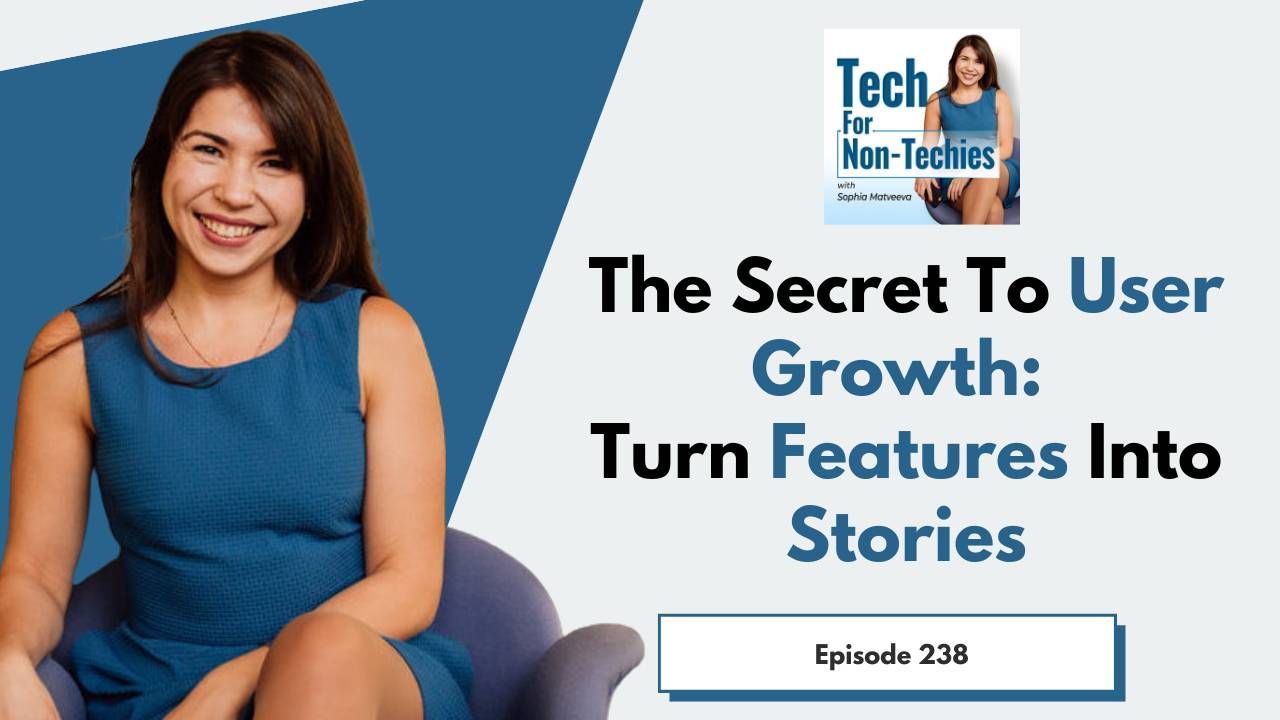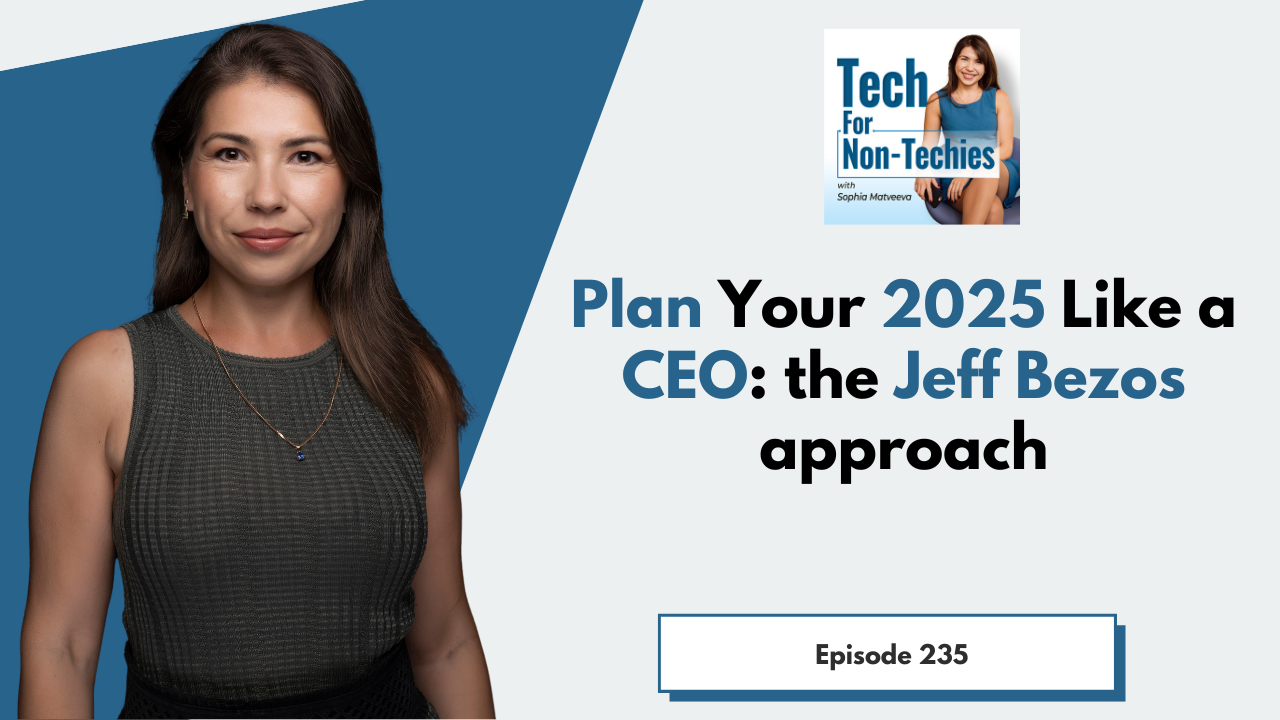If you're a non-technical founder or corporate innovator, you've likely heard the myth: venture capital is exclusively for bankers or coders.
Promise Phelon shatters this misconception completely.
In this episode, Promise shares how she used her experience as a non-technical founder to become a...
If you're a non-technical founder or leader, you might find developers frustrating to work with.
(They also think the same thing about you)
Developers resist quick changes, seem annoyed by status meetings, and always want the most expensive equipment.
That's not because they are prima donnas.
...What’s good for Big Tech isn’t always good for Little Tech, and vice versa.
In this episode, we’re breaking down the key differences between these two worlds and what they mean for you.
Listen to learn:
-
Which Big Tech lessons don't apply in Little Tech and vice versa.
-
The unique adva
...
Have you noticed how some people seem to know exactly the right person to call when they need something? That's not luck - it's strategic networking.
If you're an innovator with ambition, you need to build your network strategically. This episode will help you plan whom you need, why you need th...
DeepSeek is a new AI that's 44 times cheaper than ChatGPT and completely open-source.
While tech blogs obsess over the technical specs, there's a bigger story for non-technical innovators that no one else is talking about.
In this episode, you'll discover the hidden opportunities DeepSeek creat...
Do you really need a co-founder? There's intense pressure in the startup world to find co-founders, but the data tells a surprising story.
MIT research shows that solo founders are actually more than twice as likely to succeed compared to teams, while Harvard research reveals that 65% of high-po...
Want to know how Apple turns technical features into stories that make people line up around the block for new products?
In this episode you will learn the 3 step product storytelling framework that transforms complex features into benefits users love.
Every successful tech company has mastered...
Cryptocurrency is becoming a bigger financial and political force in our world, especially after Donald Trump's return to the White House.
This is why smart people who want to have an impact in the world need to learn about it.
But, learning about crypto is difficult, because the loudest voices...
What does it mean to evolve your career in the Digital Age?
Meet Janina Conboye, a Financial Times journalist who added data skills to her storytelling talent. This episode is a masterclass in smart career transitions.
Listen to learn:
- What data journalism actually is and why top news organi ...
In a recent interview, Jeff Bezos shared that big leaders must "identify the big ideas, enforce tough execution, and grow the next generation of leaders."
In this episode, I'll show you exactly how to apply that CEO-level thinking to your own career in 2025.
You will learn:
- The four-step m ...
Do you think year-end reviews are just about listing what you did?
Think again.
In this episode, you'll learn how to assess your year like a CEO - because whether you're a founder, innovator or investor, you're running the company of YOU.
Most people focus on activities - meetings attended, fe...
Think AI is just about adding chatbots to your business?
Think again.
In 2024, AI has completely transformed who can build tech companies and how they're funded - but there's also dangerous hype that's already landing companies in legal trouble.
We're in what economists call 'The Middle Times ...















